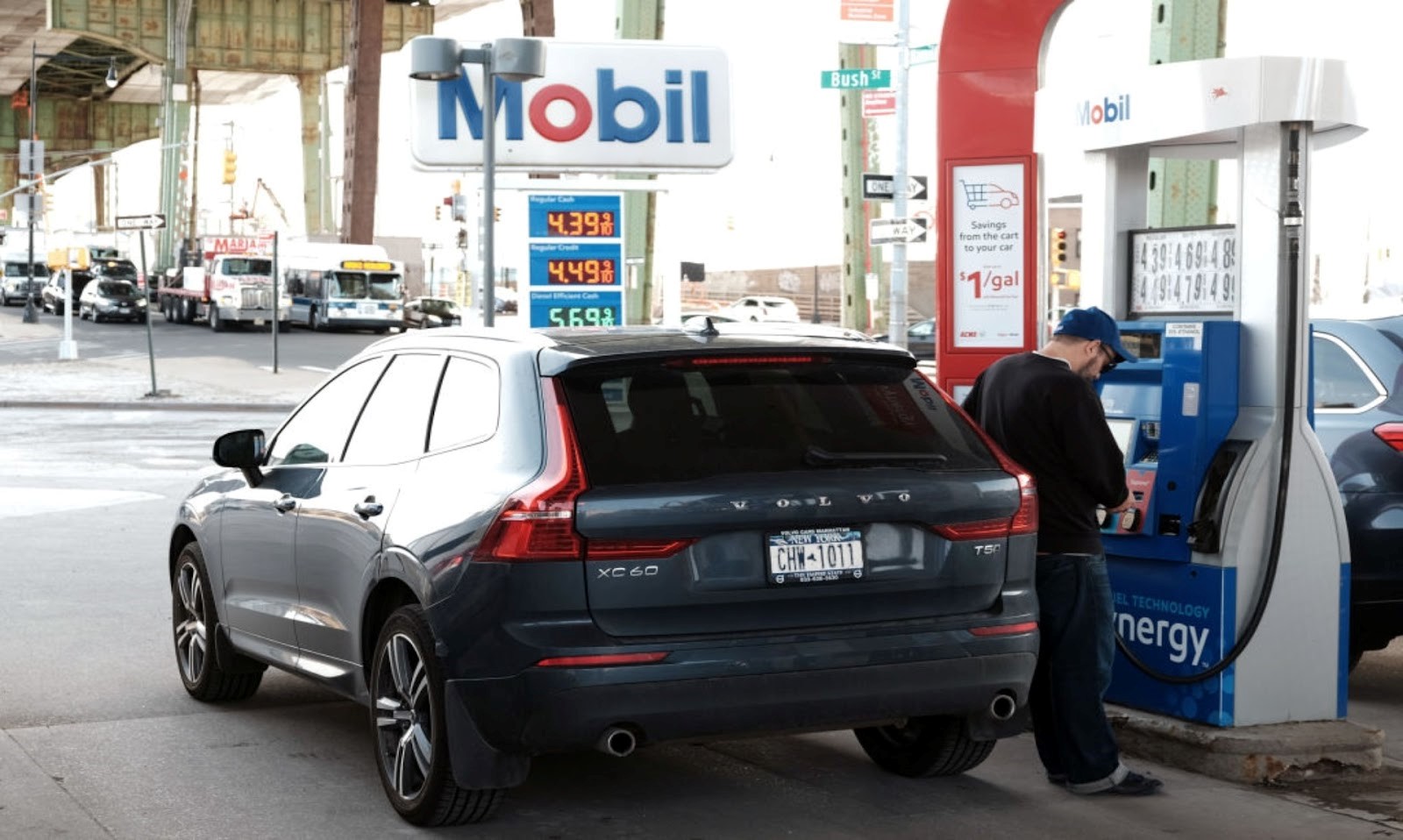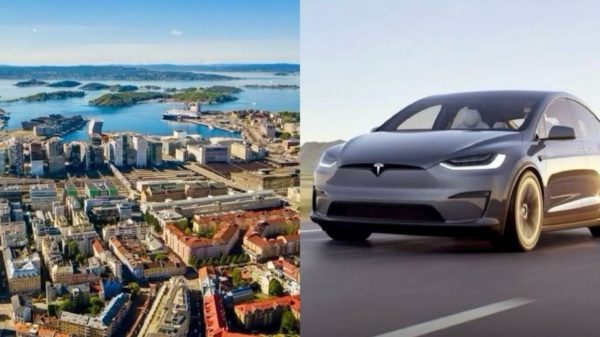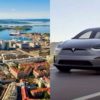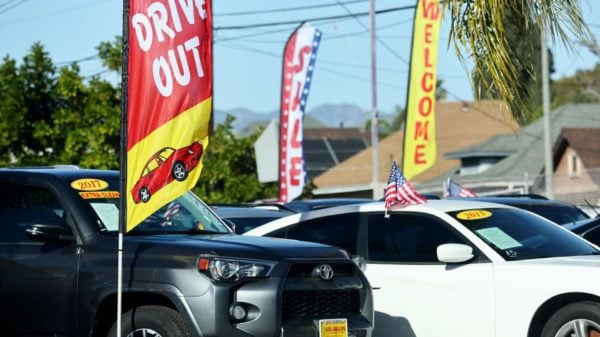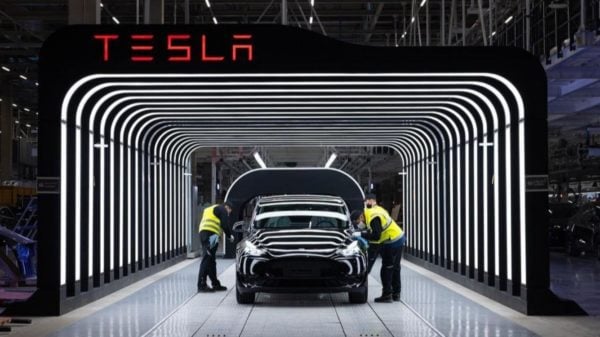Electric vehicles are becoming more available and more popular among American citizens, but there are several other factors that may lead to a complete ban on gas cars in the near future. Today, about 7% of the new vehicle sales in the United States are electric vehicles, but that number is projected to increase exponentially in the next few years.
One of the most prominent forces in the increase of electric vehicles, or EVs, is President Biden’s direct executive order which calls for 50% of all new vehicle sales to be electric or plug-in hybrids by 2030.
But the Environmental Protection Agency, or EPA, has a plan even more ambitious than Biden’s. They want at least 67% of cars to be electric, not including hybrids, by the year 2032. That would mean electric vehicle sales would increase tenfold in only eight years.
These lofty plans by both the President’s administration and directly from the EPA don’t include a ban on new gas-powered cars; the federal government desperately wants to ensure the citizens of the United States don’t believe they are taking away the right to buy a gas car.
But that doesn’t mean that’s not what’s happening. In fact, nine states already have plans in place to ban all sales of new gas-powered cars after 2035. Although these proposed bans do not apply to used vehicles, they would still seriously affect the automobile industry.
In addition to the EPA’s proposal, the National Highway and Traffic Safety Administration (NHTSA) has also made a recent announcement that states all new vehicles made must average at least 58 miles per gallon by the year 2032. Apparently, if automakers do not adhere to the new rule, they will be fined.
These many regulations and proposals will absolutely affect the American consumer. While it’s unlikely that gas-powered cars will be completely banned by federal regulations, buying new gas-powered cars will become increasingly more challenging.
And because currently, EVs are more expensive than traditional gas-powered vehicles due to the cost of electric batteries, fewer people will be able to afford a brand-new car in the next ten to twenty years.
The general consensus among experts is that if the government wants the American people to purchase an electric vehicle, they need to make them more affordable. Companies are actively attempting to do so, but while the cost of a new EV is down almost 20% from last year, the average cost is still above $53,000.
Though it’s not just the consumer that will be directly affected by these new proposals; automotive companies around the country and the world are going to suffer if they cannot produce sufficient affordable EVs within the new regulations.
Some companies, such as Ford, are going “all-in on electrification,” whereas others, such as GM, Toyota, and Volkswagen, believe that the EPA’s projections are “neither reasonable nor achievable.”
Realistically, we don’t know what will happen within the next ten years in regard to EVs and the ban on gas-powered vehicles. However, most agree that the government’s current proposals are going to take a lot longer to actualize than they currently project.



















